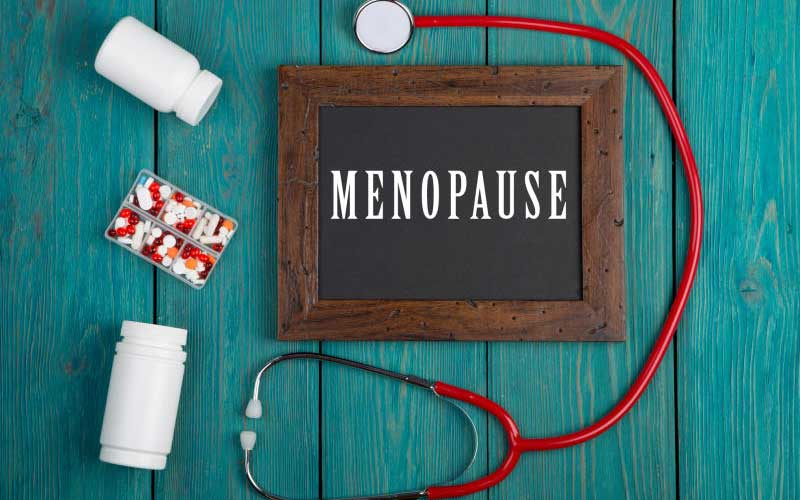×
The Standard e-Paper
Home To Bold Columnists

When Christina Awuor went in to see her doctor, it was due to fertility problems and more alarmingly, no monthly periods. And after some hormonal tests, the doctor told her that she was indeed menopausal. At only 36. She would later learn that the cancer treatment she had received years prior had affected her ovary function leading to premature menopause.